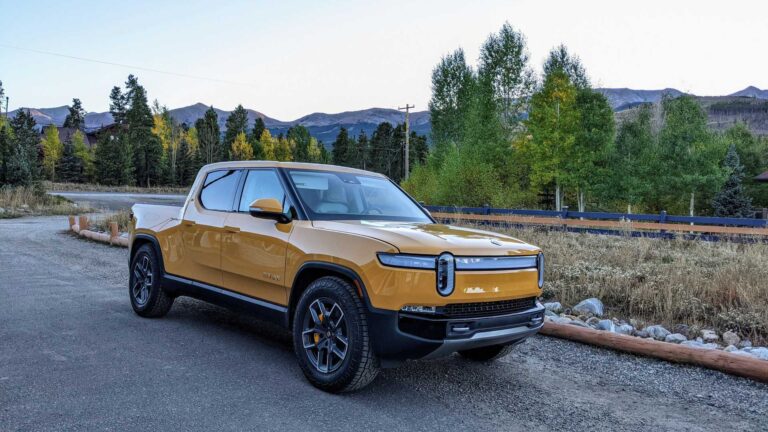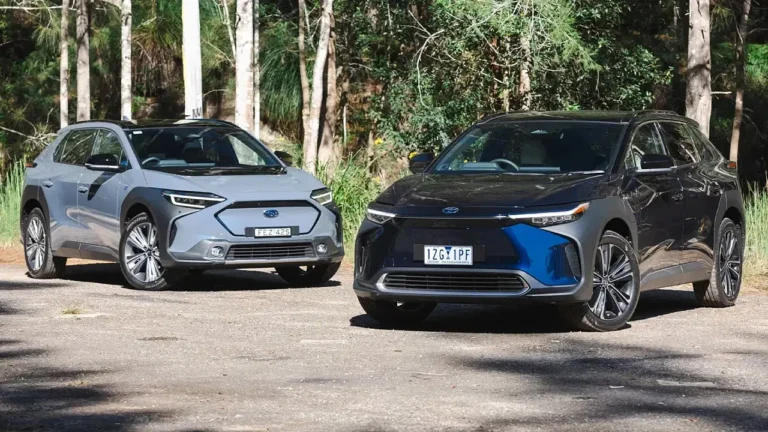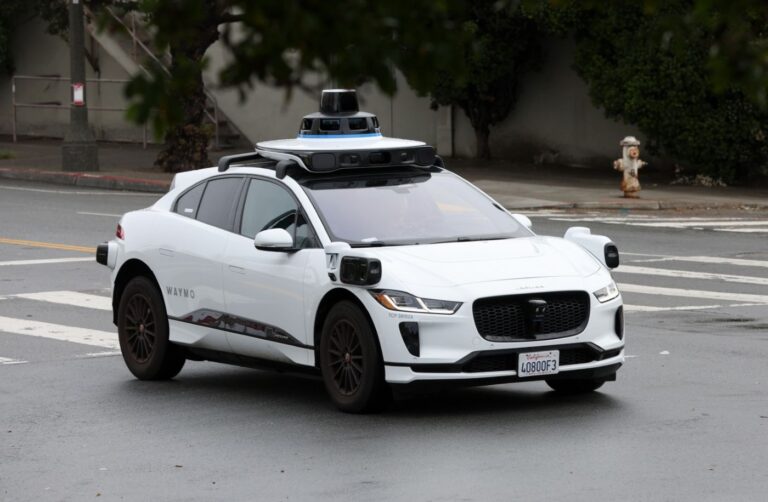The competition to develop the “holy grail” of EV batteries is intensifying, with Mercedes-Benz now road-testing electric vehicles equipped with solid-state batteries. This cutting-edge technology has the potential to deliver more than 600 miles of range on a single charge.
Mercedes Hits the Road with Solid-State Battery EVs
In collaboration with U.S.-based Factorial Energy, Mercedes is advancing battery technology to enhance driving range, charging speed, and overall efficiency.
Last summer, Factorial introduced its first solid-state battery cells, built on its proprietary FEST (Factorial Electrolyte System Technology).
Building on this progress, Mercedes and Factorial unveiled the next-generation all-solid-state Solstice battery in September. Designed to power future Mercedes EVs, this battery incorporates a sulfide-based solid electrolyte, improving both safety and performance.
With an impressive energy density of 450 Wh/kg, Factorial claims the Solstice battery can increase driving range by 80% compared to conventional lithium-ion batteries.
Mercedes has already begun testing solid-state battery-equipped EVs on public roads. The tests are being conducted in the UK using an EQS prototype fitted with the new technology.

A Step Toward Extended EV Range
Mercedes has yet to disclose full specifications but confirmed that the EQS’s 12-module battery housing is adaptable to various configurations.
The company anticipates the new battery will boost range by approximately 25%. Considering the current EQS 450+ is rated for up to 511 WLTP miles, this suggests a potential range exceeding 620 miles per charge.
Factorial aims to achieve more than 600 miles of range while reducing battery weight by 40% compared to conventional lithium-ion counterparts. The company states that the Solstice battery is 33% more compact than a current 90 kWh battery, weighing just 580 lbs.
In December, Factorial reached a key milestone when its Solstice all-solid-state battery cells achieved a 40 Ah capacity. The company is also collaborating with major automakers such as Hyundai and Stellantis to advance solid-state technology, with plans to commercialize these batteries by 2030.

A Future Powered by Solid-State Batteries
Mercedes’ Chief Technology Officer, Markus Schäfer, believes the new Solstice batteries will “set new standards in range, cost, and performance.” Mercedes aims to achieve large-scale solid-state battery production by the decade’s end.
Industry-Wide Race for Solid-State Dominance
Mercedes is among several automakers working to develop solid-state batteries, driven by the promise of improved range, safety, and efficiency.
The news follows reports that Hyundai plans to unveil its all-solid-state EV battery demonstration line in March. Meanwhile, Honda showcased its pilot production line to the public in November.



